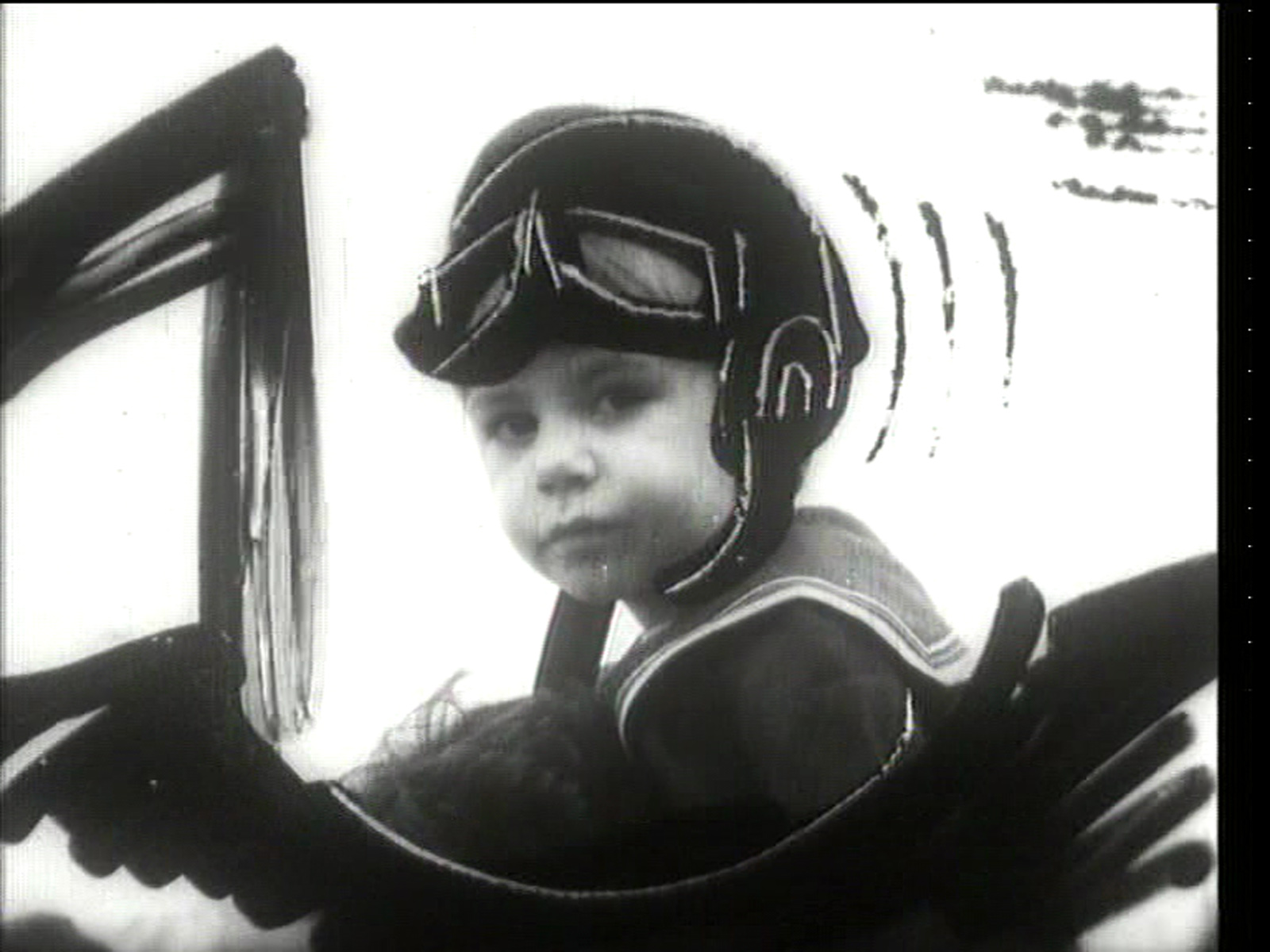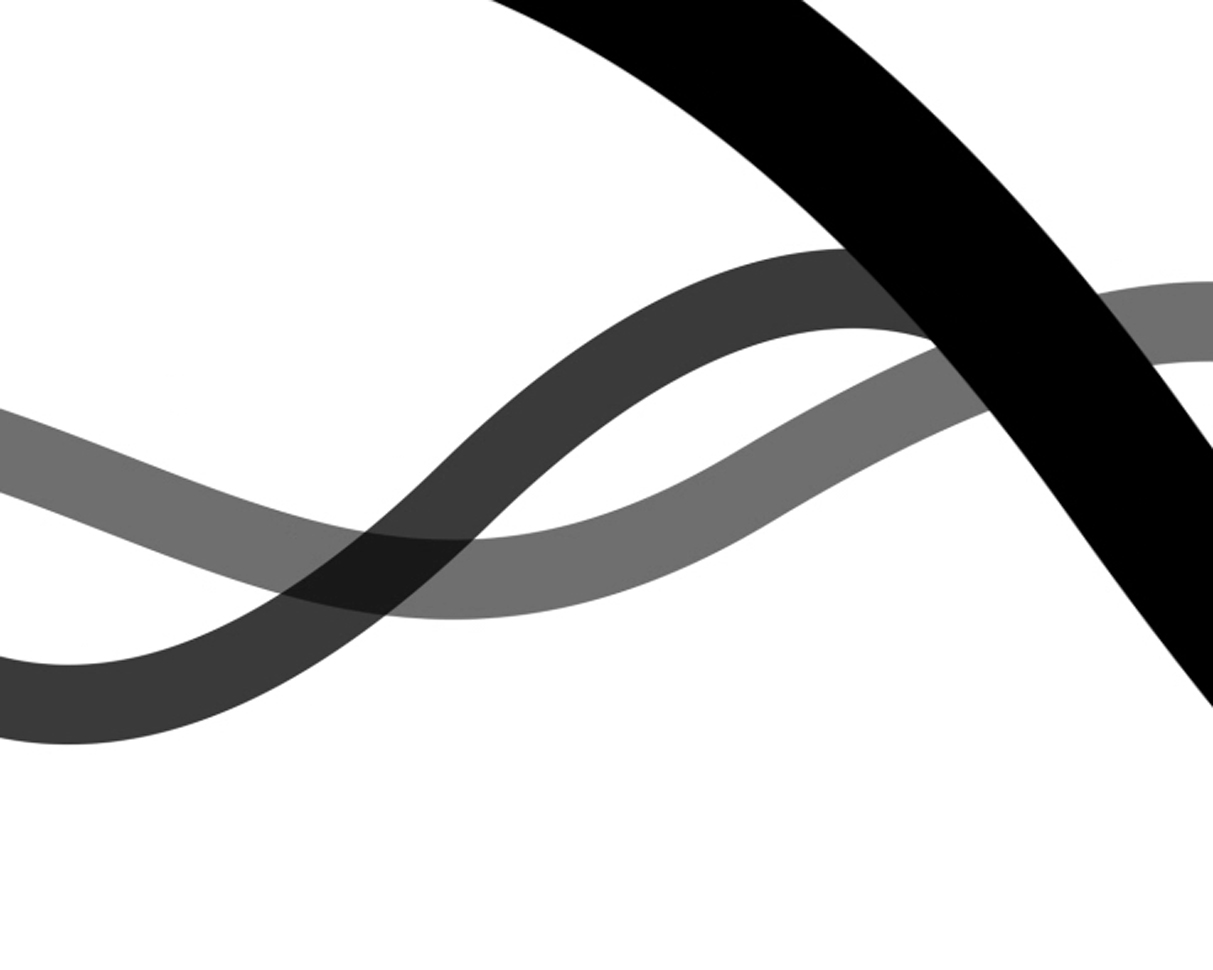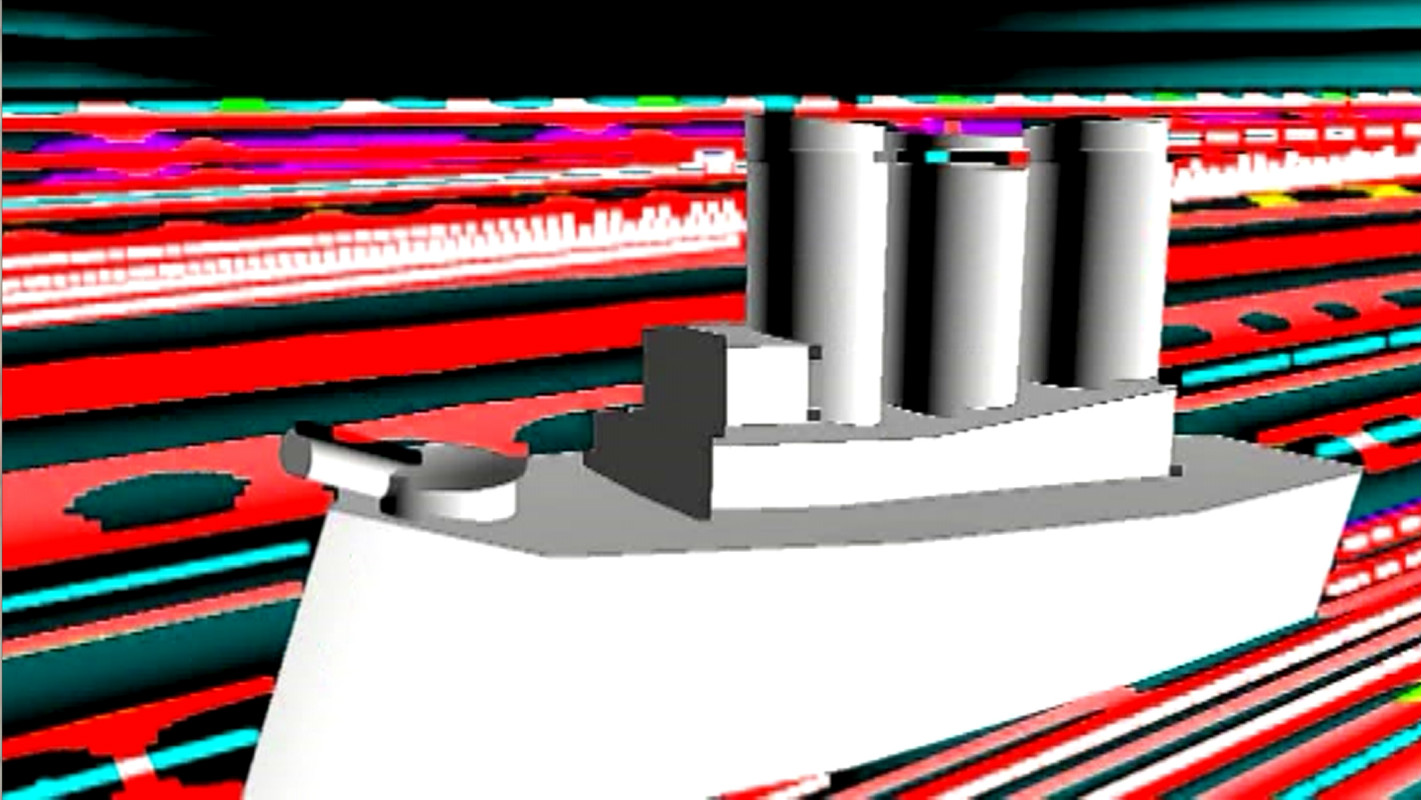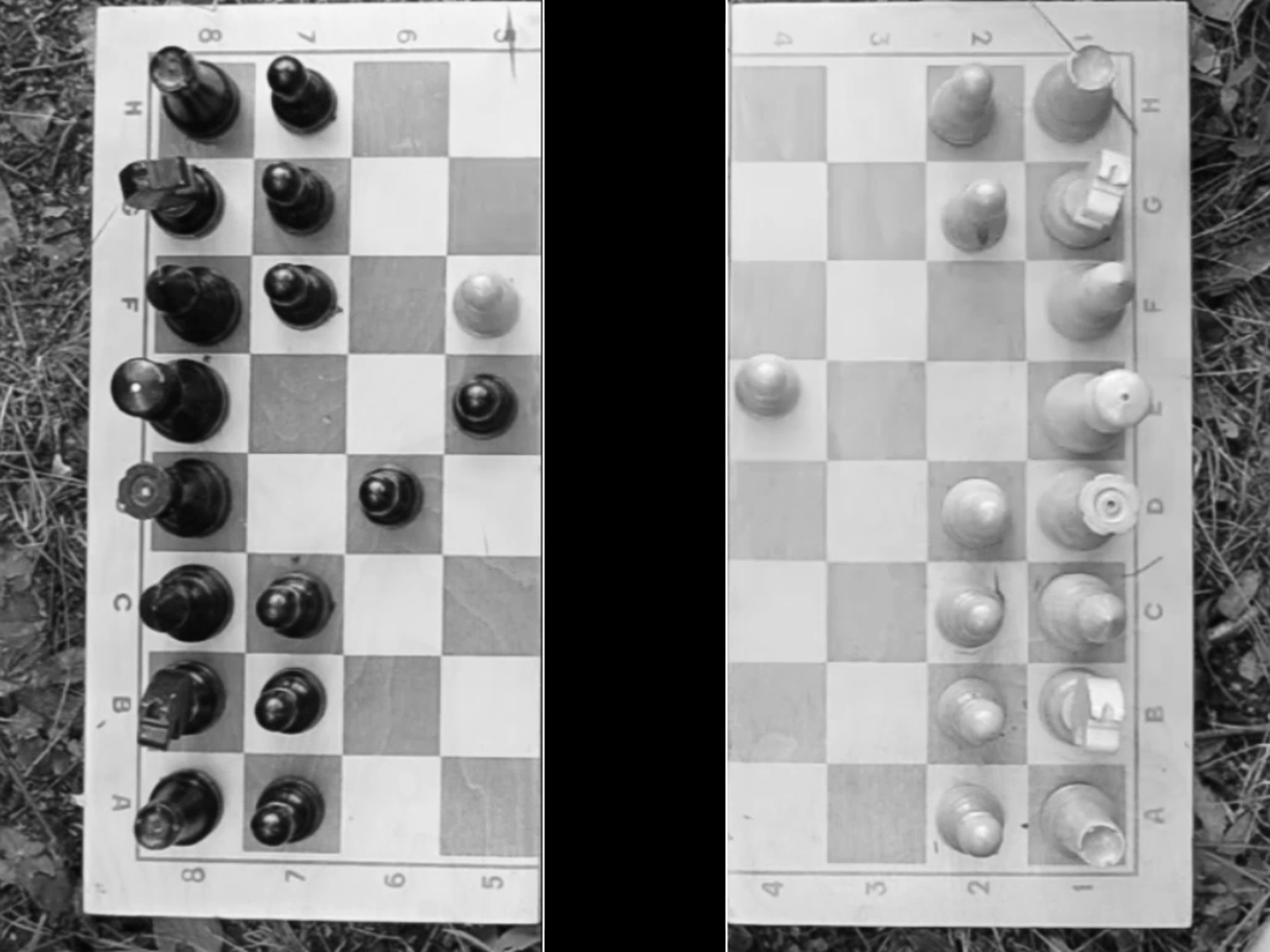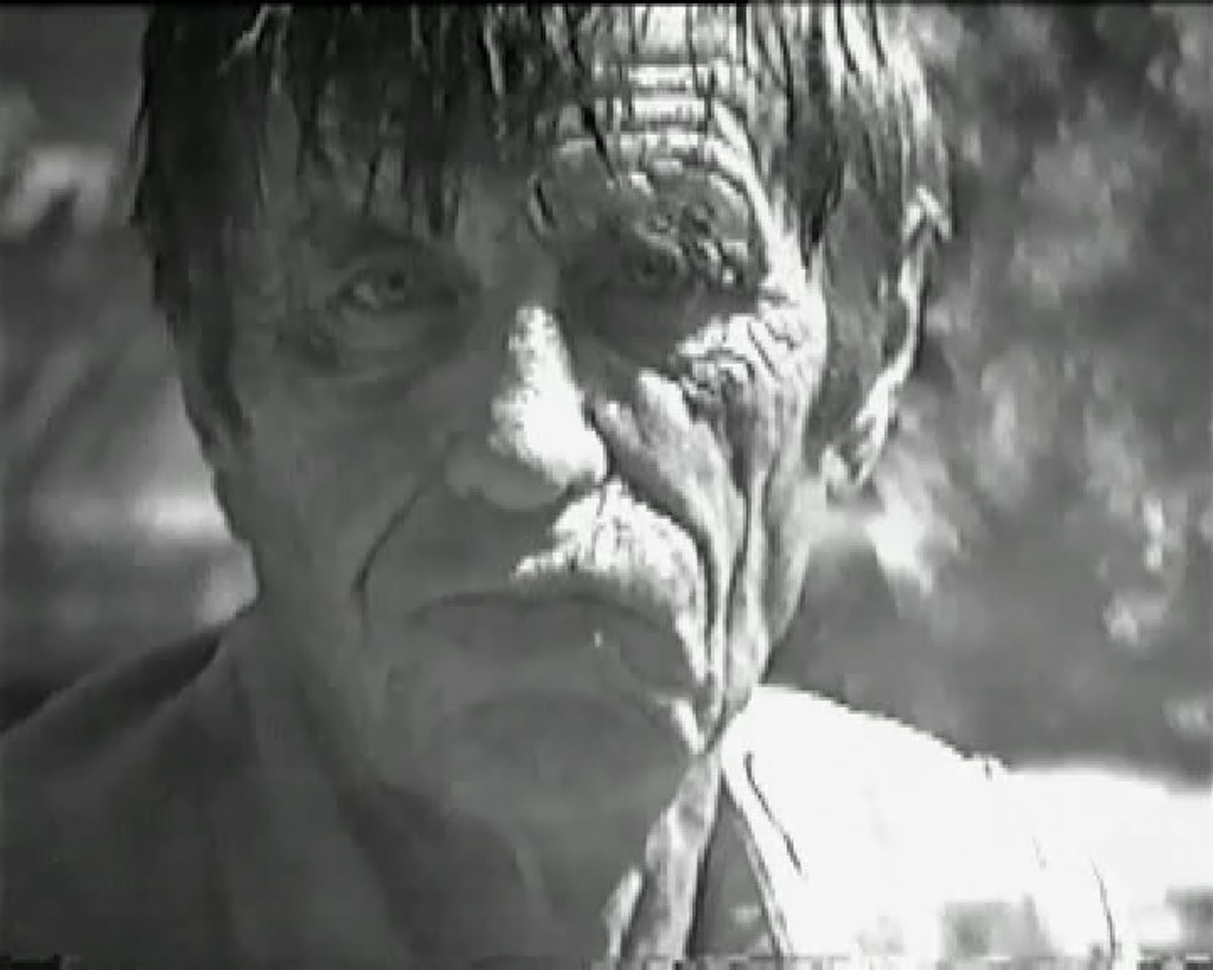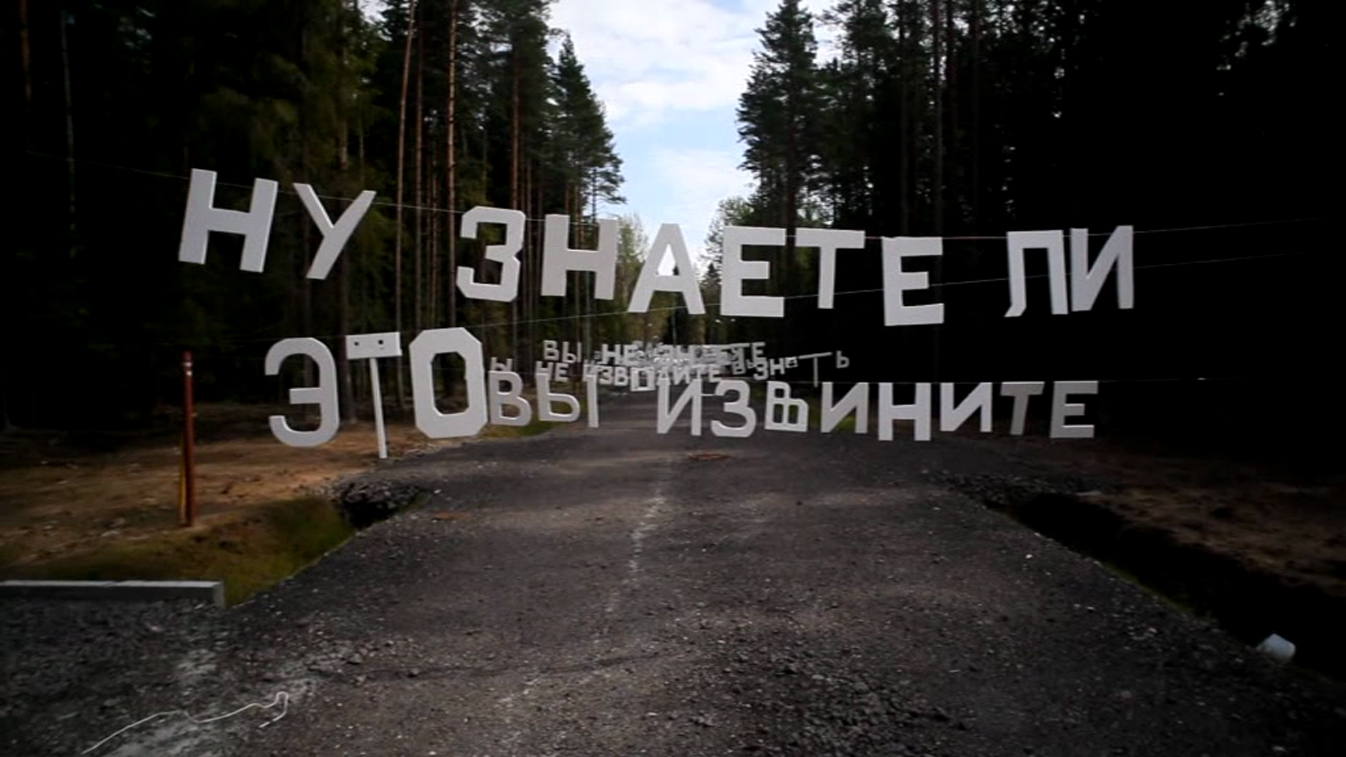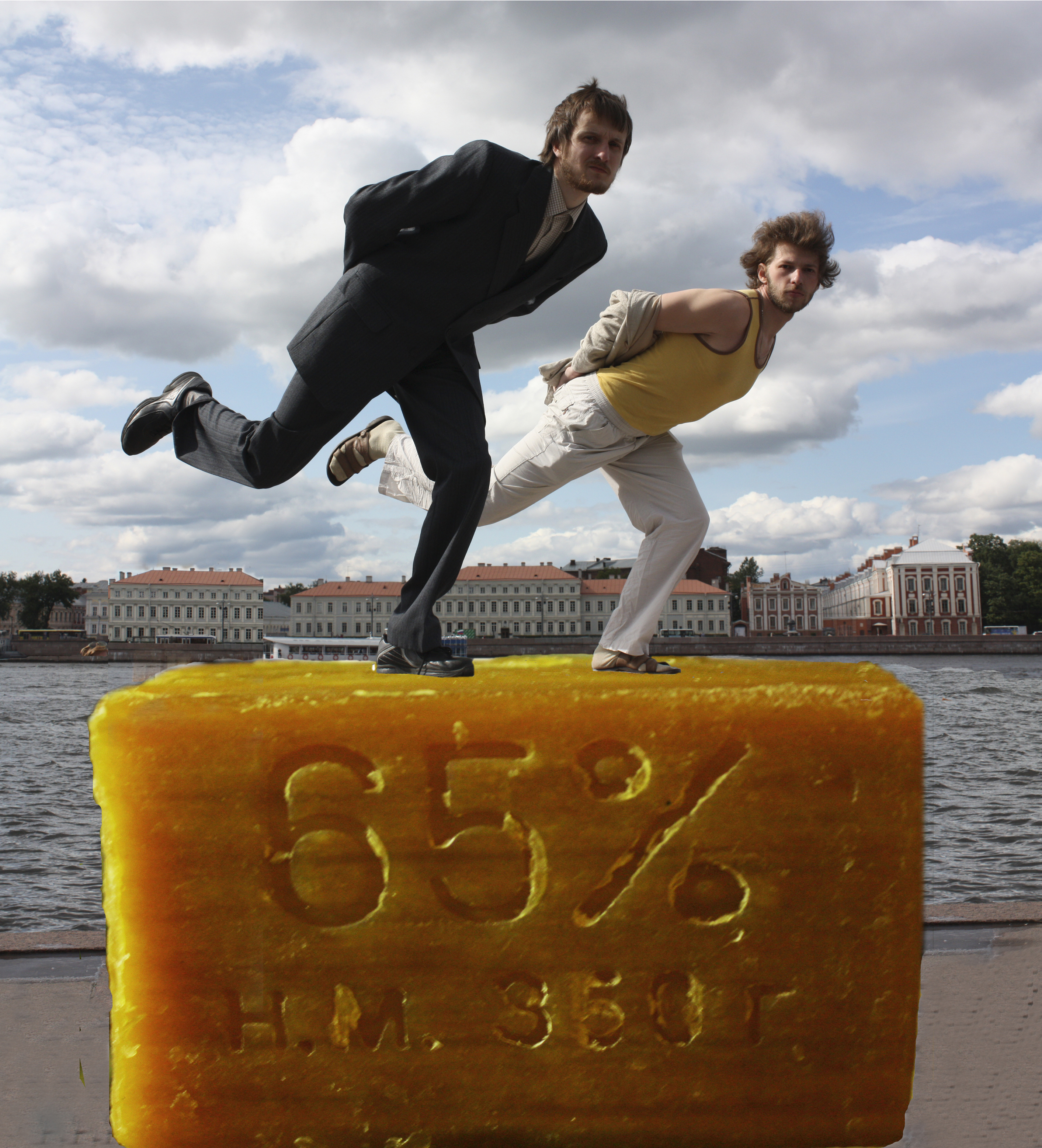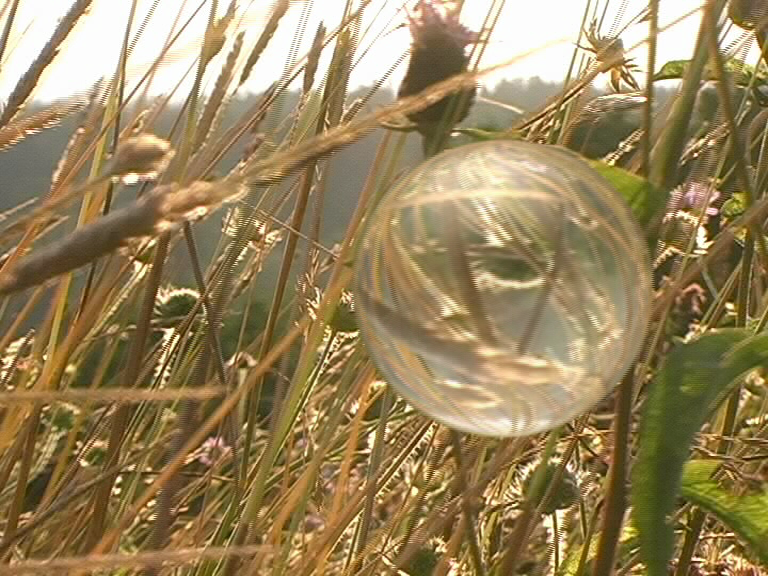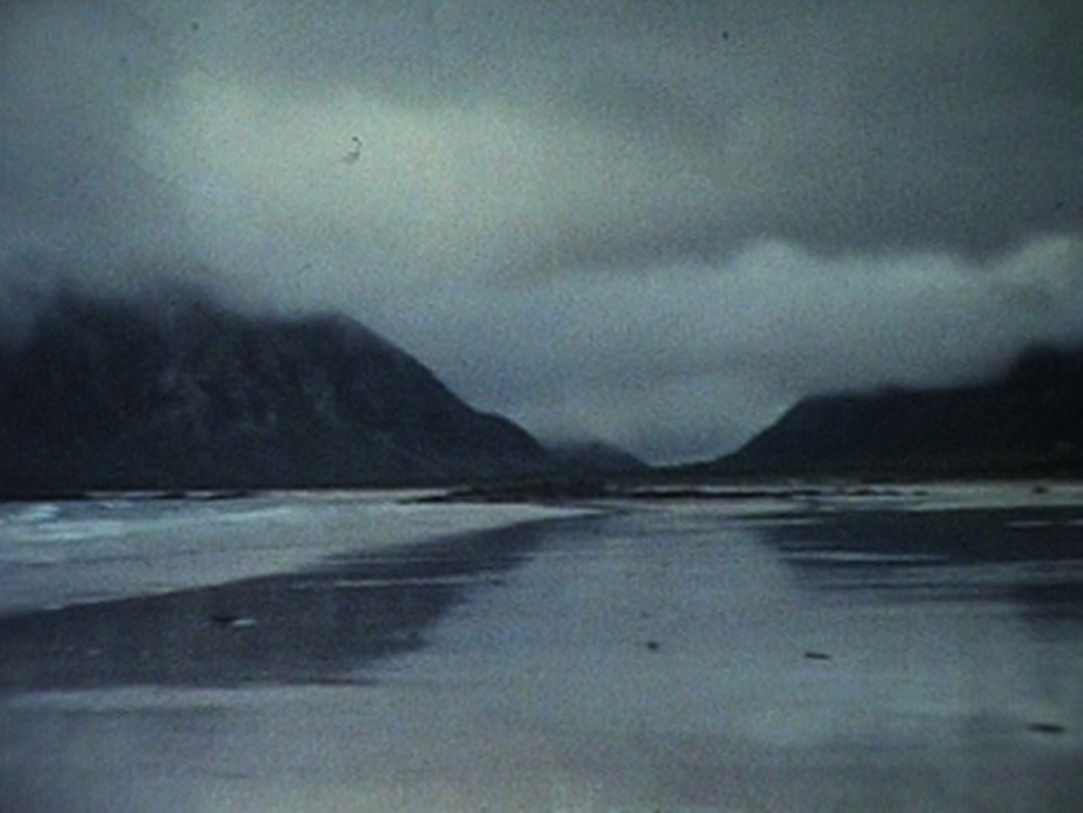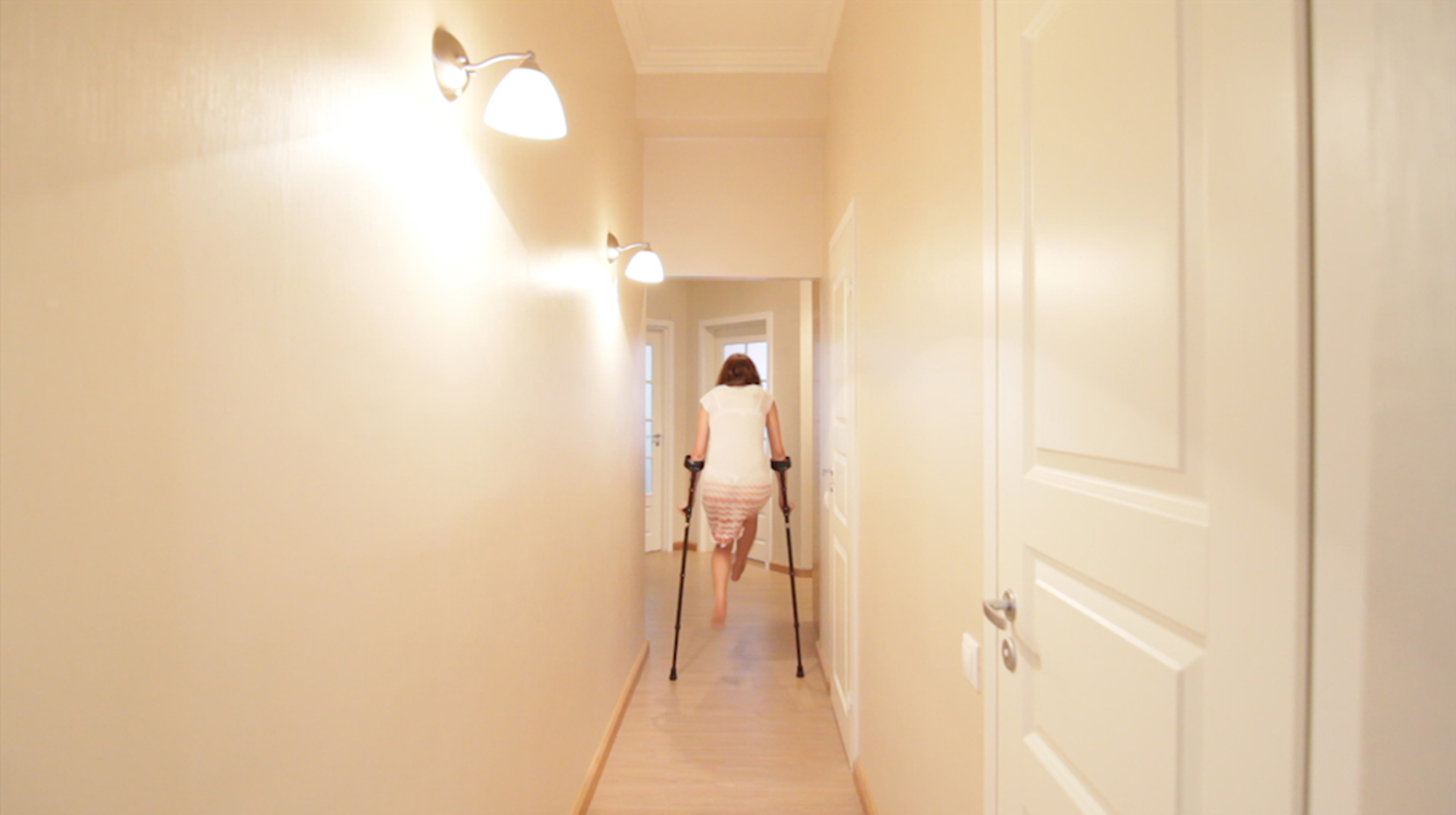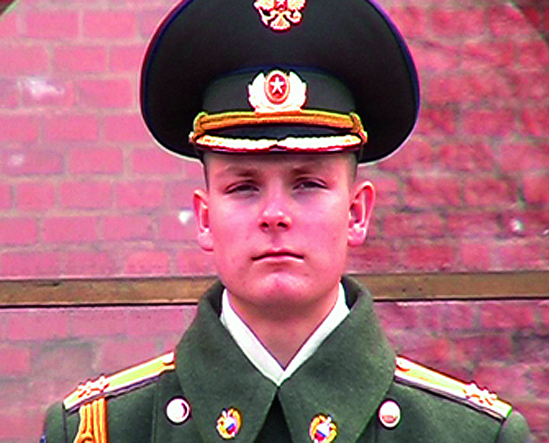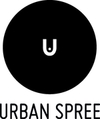CHANGING LANDSCAPES 2 curated by Viktoria Ilyushkina
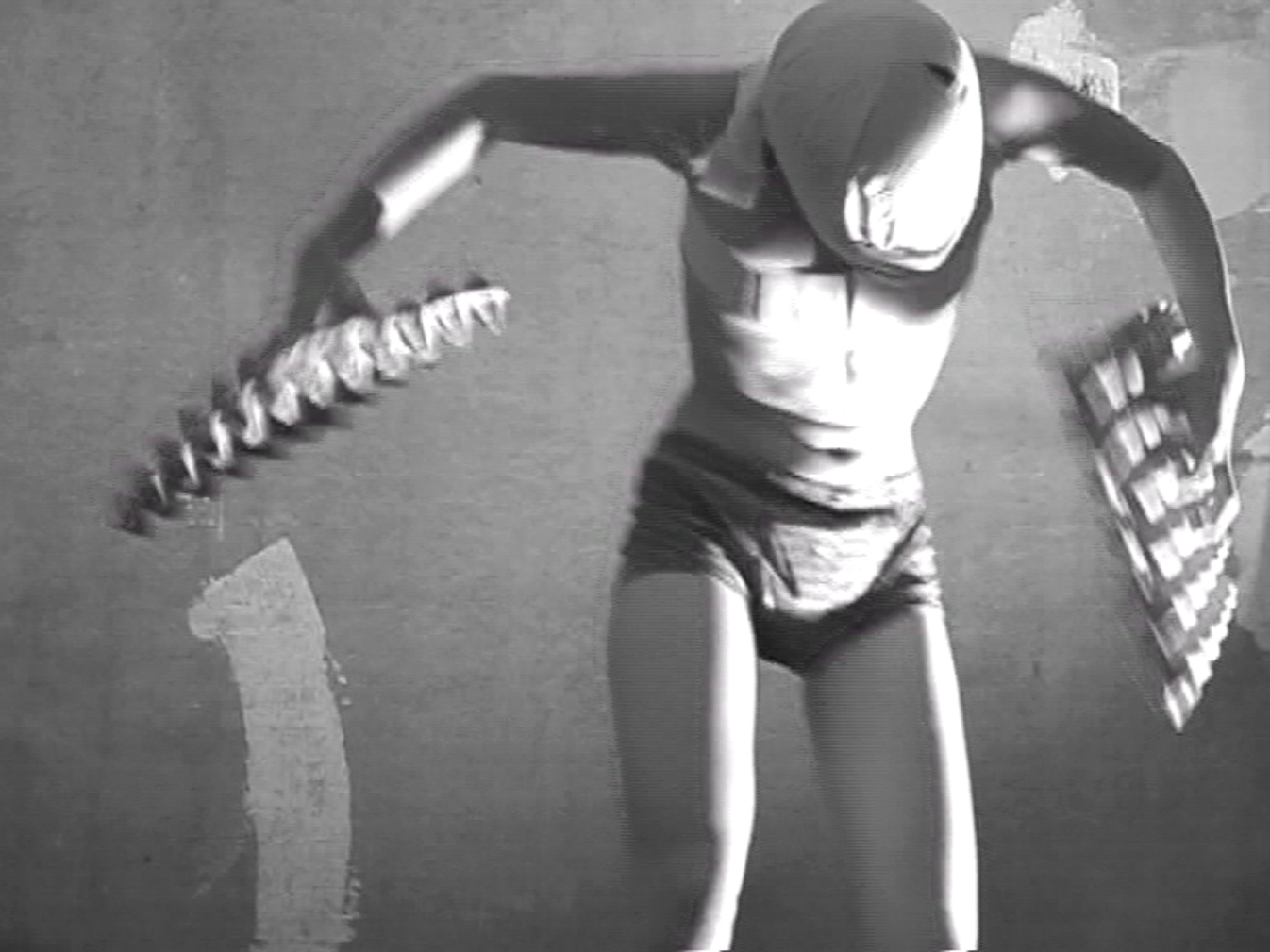 STILL FROM NEVER-ENDING BY MASHA SHA
STILL FROM NEVER-ENDING BY MASHA SHA
CYLAND Video Achive curator, Viktoria Ilyushkina, selects twelve works that together create a genuine, introspective look at contemporary Russian New Media. These videos / film by active Eastern European artists offer personal perspectives into the continuum of their native country’s past, present and future. Pieces by established, кecognized artists Boris Kazakov, Yuri Vasiliev, Ludmila Belova and Dmitri Lurie are joined by emerging talents Maxim Svishev, Tatiana Akhmetgaliyeva, Masha Sha, Anton Khlabov and the “Upward!” community — each embodying artistic development within the age of digital technology in Russia.
CYLAND MediaArtLab hosts the largest archive of Eastern European video art online.
-
We live in a world where the high number of processors and microchips is produced. Each year contains a number of transistors one hundred times higher, than the population of ants on our planet. The density of the artificial system in different communication devices and instruments everywhere around us allows us to consider the operations and processes occurring inside them as a certain micro-space where our everyday actions such as checking e-mail or sending SMS are reflected by multiple events and metamorphoses. The plot of the video develops from the rhythmically pulsating sound of a dial-up modem, a reminder of the work of a life-support system. We gradually see a materialization of those pulses linking scattered moments of time, stretching over a line, connecting callers to the unknown device where all the actions go on.
-
In the video of Maxim Svishev, the Aurora Cruiser, a symbol of St. Petersburg’s revolutionary past, that is anchored for an eternal moorage, comes to life upon the artist’s decision, that is to say, it surmounts the time boundary. The artist visualizes this transition by animating a series of avant-garde symbols and by including music by the St. Petersburg composer Oleg Karavaichuk.
-
In this work, the game process is juxtaposed to the space that exists off-screen in the internal experience of time by the players. In this, one could discern a strive towards the practical mastering by the artists of a series of philosophical concepts from the heritage of N. Fedorov, V. Vernadsky and K. Tsiolkovsky.
-
Video Mom is the ironic grotesque observed in the Russian man's mentality. The drunk or semi-ill overgrown son dully torments his mother and himself. They are an inseparable pair: the man is always with his mother, still snatches her skirt not being able to get back on his feet. He cries, calls, and rends one's heart. It seems he has been cast off, but it's out of the question; it seems he needs something, but he doesn't; it seems something hurts him, but nothing does; it seems a danger approaches from the outside, but there is no danger. Pain, danger, fear, loneliness are all inside, everything is groundless, aimless, and it comes from tearfulness, swaddle and nonage. “Mom, leave me alone, set me free, turn me out to hell, the hell with you, mom!”, – rushes like waves of red, waves of blood, not allowing to see anything around oneself.
Ivan Chechot -
Text by Vsevolod Nekrasov. Participants: Pavel Aresnyev, Dina Gatina, Roman Osminkin
Union of poets, artists and philosophers which tasks de-alienation of everyday life through satiation of the public space with poetry. At the same time, it is really important to affirm the new comprehension of poetry, which is carrying out only in episodes of collective artistic action. By the Laboratory, it was set up and carried several street direct actions, acts of transformation of the city space (both spatial motion and spatial compositions), interventions into the different enclosed spaces (such as an art gallery or a supermarket) and performances into effect. At the same time, members of the Laboratory regularly take part in street readings settled in common with various self-organized initiatives. -
The film is inspired by the stories and diaries of the astronauts that have spent a long time on the orbital stations and have done the spacewalk. Observing Earth, you often think about it. You often recall your own life on the Earth, smells of grass and forest, birds singing.
Man in space keenly feels the lack of earthly connections and often recalls them. A good book is needed in space that would narrate about life on the Earth, about people, their relationships, about Earth nature. In rare free moments, one wants to read earthly books and see earthly pictures. On the board of our “Soyuz-9”, we had several color photos of the Baikal picturesque scenery. I recall with what delight we were looking through them on the 10th day of our space mission.”
Extract from the diary of Vitaly Sevastianov, a space pilot. -
Lurie depicts his own private landscape on Super8 film and then transcribes the imprinted lit images within the prism of his memories and sensations. Here the black and white, urban, dreamlike scenes from the flatland of St. Petersburg and Kronstadt — the old Russia's marine fort — refract into subdued colors of the pristine montane terrain of Northern Norway.
-
"Obstacles in the life of any person make him stronger if he finds an opportunity to survive them. The broken leg brought me to a new form of existence as well as to a different rhythm and tempo of life. I acquired a lot by losing a possibility to move adequately. It was a halt in my dancing life. When my body received limitations, I found a way to dance in a new fashion…
"
Daria Pisareva
KOMM UND SPIEL selected by Berlin Film Society
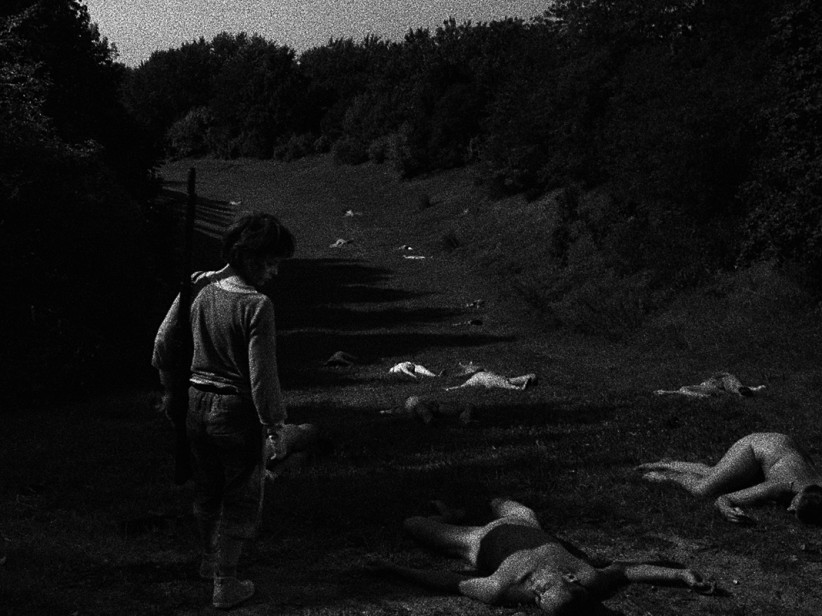 STILL FROM KOMM UND SPIEL
STILL FROM KOMM UND SPIEL
In Berlin, a Russian-German boy named Grisha fools around with a toygun. The longer he plays, the further he is thrust into an altered reality. The boundaries between the present and the past start to blur. Images from a bygone Berlin appear; streets and buildings still carry the memories of war. Suddenly, he is caught in a nightmare of another lifetime.
KOMM UND SPIEL is written and directed by Daria Belova, who was born in St. Petersburg, Russia. Since 2008, she has been studying film direction at the German Film and Television Academy Berlin.

Screening Curated by: Jack Howard & Nathan Letore
Languages: Russian and German (English Subtitles)
Director: Daria Belova
Screenplay: Daria Belova
Cinematography: Max Preiss
Editing: Stefanie Kosik
Sound: Niklas Kammertöns
Production Design: Julia Laube – Dana Dumann – Sandra Ernst
Music: Chatschatur Kanajan
Cast:
Alexander Josef Shtol
Maria Zharkova
Julia Gor
Iljá Pletner
Roman Sdobnyakov
Andrej Vanichev
Copyright for this film belongs to: Deutschen Film- und Fernsehakademie Berlin (DFFB)
Berlin Film Society was established during the Berlin International Film Festival in 2012 to organize monthly cinematic experiences, as well as international pop-up film events. Every month a specific theme, motif, director or idea is explored within the films that are screened. From Director Q&As and retrospectives, to themed culinary experiences and live music events, the Society aims to create a whole new approach to experiencing film. Recent events included screening the award winning “The Act of Killing” six weeks prior to release in Germany followed by a talk with its director Joshua Oppenheimer, Weimar classic “Der Blaue Engel” shown in the landmark 1920′s silent film cinema Delphi, ”The Great Dictator” shown at Loftus Hall — as well as Q & A’s with directors such as Amie Wallach (after showing her Louise Bourgeois documentary) and Diana Vreeland in context with her film, “The Eye has to Travel”.
Visit Video Program at PLATOON Kunsthalle (Berlin, Schönhauser Allee 9)
on November 14 2013
PLATOON Kunsthalle in Berlin is a modular architecture structure consisting of 34 standard freight containers. This 4500 m2 industrial area hosts cultural movements and community events as well as PLATOON FACTORY and PLATOON ARTIST LAB. With spaces in Berlin and Seoul, PLATOON's global network includes more than 6000 artists, creatives and thinkers that support each other. PLATOON's cultural development experience serves as a consultancy for energizing sustainable relationships between brands and creative subcultures.



